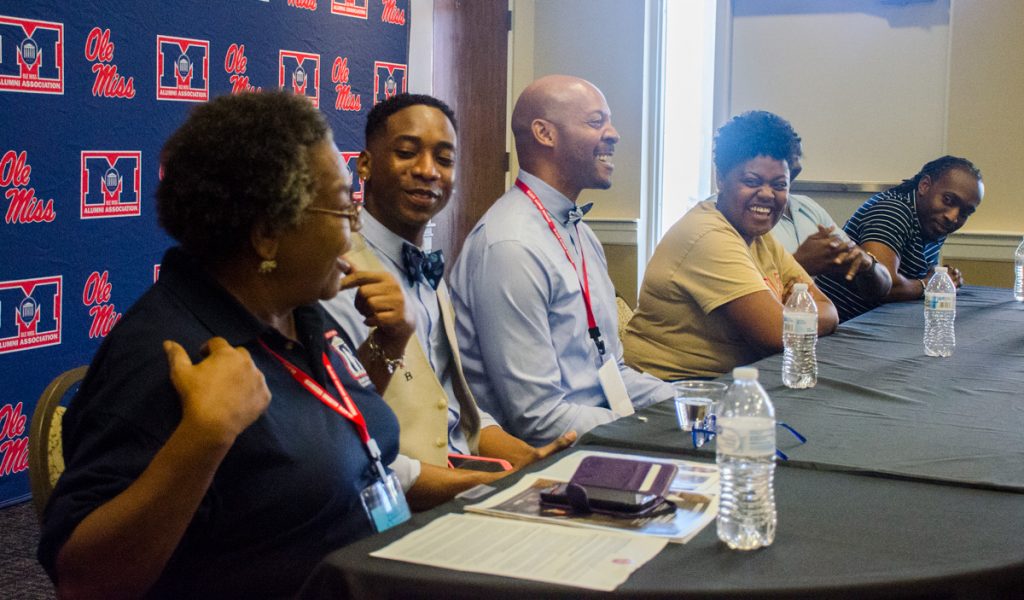Recently, I attended the spring Honors Convocation, which centered around human trafficking advocacy. Honors College artist-in-residence Bruce Levingston moderated discussions with founder of the nonprofit “Freedom for All” Katie Ford and trafficking victim and activist Shandra Woworuntu.
One of the very first comments Woworuntu made was, “We have to stop saying that ‘they’ are victims of human trafficking – it can happen to anyone, and by creating a ‘them,’ we’re turning people into objects.”
Her comment instantly reminded me of archeologists Lambros Malafouris and Colin Renfrew’s 2010 book “The Cognitive Life of Things,” in which they make a distinction between inalienable, ambiguous and unquantifiable “things” and alienable, named and quantifiable “objects.”
Humans are easily named, categorized, counted and are, unfortunately, able to be transferred between owners through trafficking. Thus, Woworuntu’s label of “objects” applies better than “things.”
Similarly, the notion of “objectification” exists, but “thingization” does not – showing that even so-called “neutral” words – such as “thing” and “object” – influence the way our brains comprehend and categorize other stuff – such as humans.
But most people in the audience probably did not notice Woworuntu’s selection of “objects” over “things” because, as Malafouris and Renfrew write, “Our tendency to use these terms interchangeably often does not allow us to glimpse a more nuanced vision of their subtle differences.”
It would actually probably be better if humans were referred to as things instead of objects because this would create the inherent, subconscious implication that humans cannot be transferred between owners. But sadly, such is not reality.
In addition, the word “artifact” implies human manipulation – but what are the parameters? As Malafouris and Renfrew ask – is moving a rock and placing it on our desk sufficient human involvement to consider this object an artifact? Such rigid categorizations of things are not fluid and, thus, do not reflect our actual minds and the way we use language.
Things – such as words – go through a process of development that shapes their use and meaning. For example, the table in my kitchen began as a tree and then was chopped down into wood and constructed into a piece of furniture with the purpose of holding objects – especially food-related items like plates.
During this process, we tacked on the label of “table” to describe this piece of furniture, but we do not consider how the social life of such a seemingly neutral object extends to its meaning.
My roommates were chatting the other day about what genders they would assign certain things, and they said a table would be masculine because it is solid, strong and holds/supports other things. This shows that the material involved (sturdy wood) is connected to the way we use the table and, thus, also connected to the way we perceive and interpret the non-neutral meaning.
We do all of this without even realizing how much our mind extends to the objects we use and talk about every day.
Languages that have gendered nouns have an even stronger impact on meaning. In 2002, three cognitive scientists (Boroditsky, Schmidt and Phillips) found that the gender of objects influences speakers’ judgments of them.
In German, the word “key” is masculine, and in Spanish, it’s feminine. When asked to describe “key” in English, German speakers used adjectives such as hard, heavy, jagged, metal and useful, whereas Spanish said golden, intricate, little, lovely and tiny.
Such a contrast shows that classification of things does not reflect the way we think about them. Rather, the opposite is true: Things are personified, and – in the words of archeologists Timothy Webmoor and Christopher Witmore – words “become us.”
Jacqueline Knirnschild is a sophomore anthropology and Chinese double major from Brunswick, Ohio.












